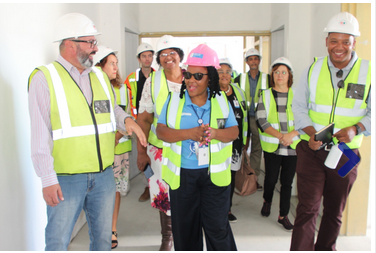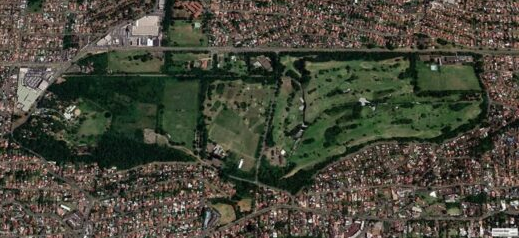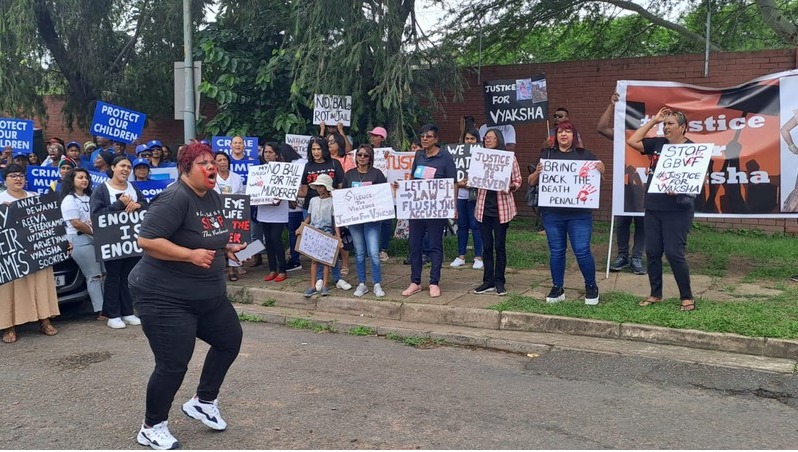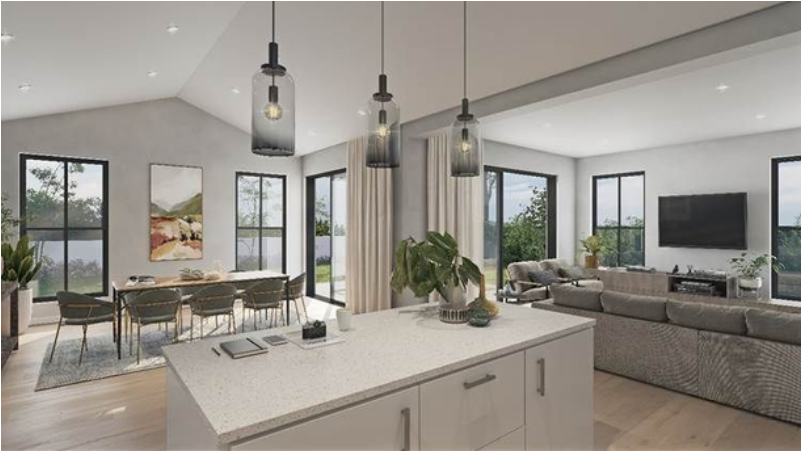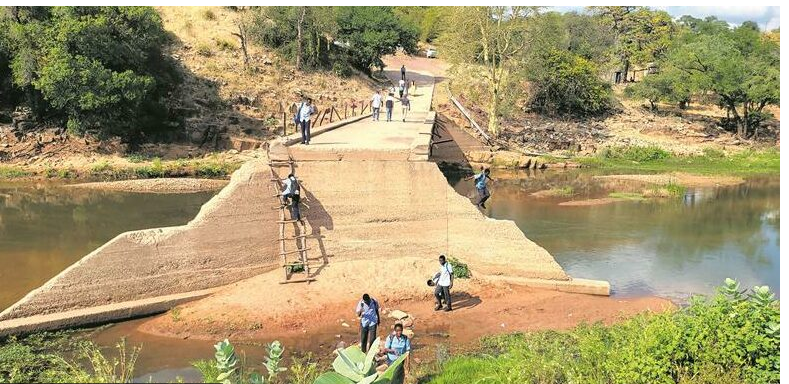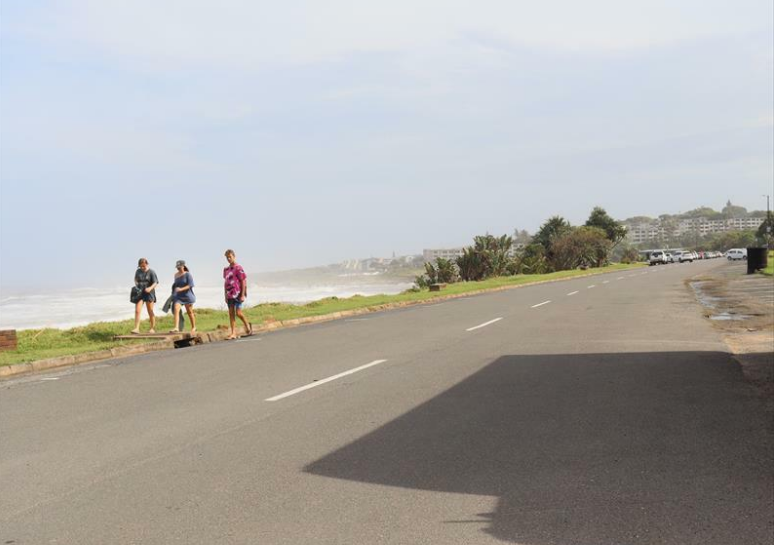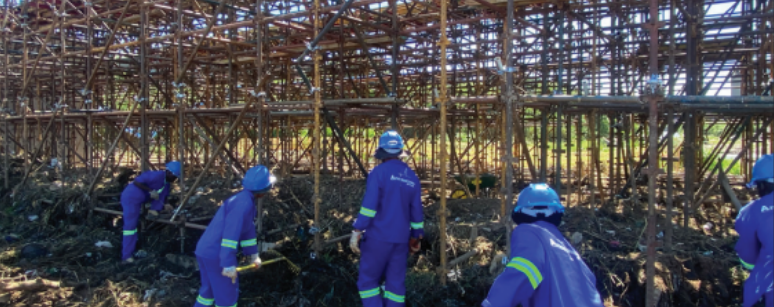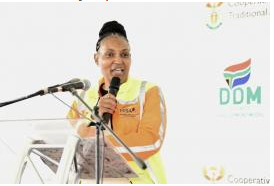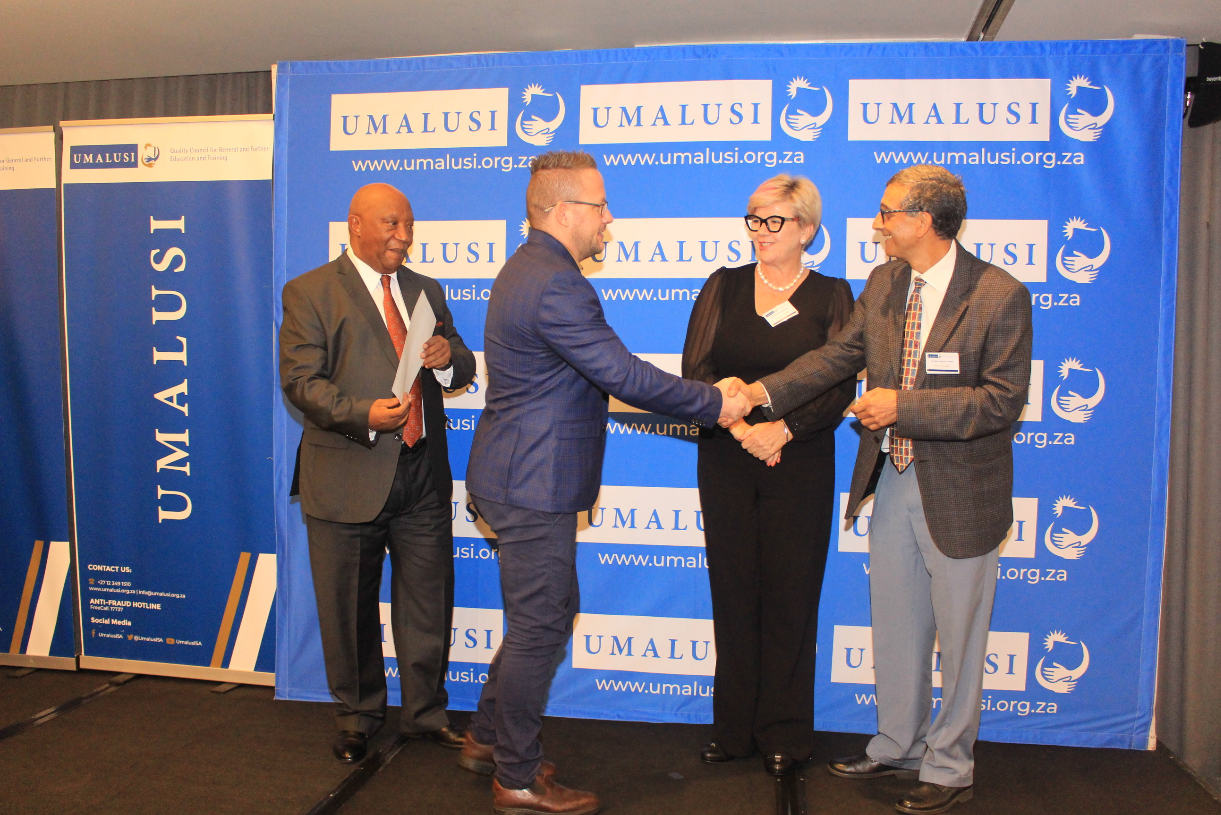Strikes delay construction of China's flagship BAIC SA plant

28-09-2017
Read : 154 times
Bizcommunity.com
Source
The government is feeling pressure from the Chinese state-owned R11bn Beijing Automotive Industry Holding Company (BAIC) vehicle plant being built in the Coega special economic zone near Port Elizabeth.
Called BAIC SA and situated next to the R600m Chinese state-owned FAW truck and passenger car plant built from 2012 onwards, the latest, far more expensive industrial development project is behind schedule. Recently, it has been hit by labour unrest — including burning barricades — among the very people it aimed to help.
The Industrial Development Corporation (IDC) owns a 35% stake in the project, with BAIC owning the rest. At present, the basic superstructure of the main buildings is being erected as part of the first phase of development worth R1.7bn.
So far only about R900m has been set aside to pay for structural steel from China, of which R300m has been set aside for small businesses drawn from local communities. In future, most of the plant’s inputs are meant to come from local manufacturers and suppliers.
"There needs to be fair distribution [of work]," George Gerber, MD of Uhambiso Consult, which is helping to drive the project, said on Tuesday, 26 September. "The need here is to build people’s capacities [skills and sustainable businesses]," he said.
The terms and conditions of the project include millions of rand in penalties for companies that do not meet 35% minimum empowerment targets and at least 60% of local content.
"Yes, we are behind — labour issues are a specific cause of falling behind," Gerber said.
Delays came from the two main parties coming together, Kingsley Dell-Robertson, the Eastern Cape regional manager of the IDC, said on Tuesday. With both parties being state-owned, they each had their own requirements to be fulfilled.
"All the main contractors are now on site," he said. This included the primary Chinese building and construction contractor and three empowered South African venture parties including the local arm of JSE-listed construction giant Wilson Bayly Holmes-Ovcon.
The contracting parties are promising a massive ramp-up of the project, stating that the first vehicle will be produced in the second quarter of 2018, with the plant being completed by the end of that year. But much work remains to be done, amid numerous labour stoppages fomented in local communities.
This problem has apparently been resolved for now by onsite authorities.
"The cornerstone of the project is to include communities in the Nelson Mandela Bay Municipality and surrounding areas," Gerber said, adding the aim was to share work and create employment for small businesses and South African-based materials suppliers of up to 35% of total project outlays. This has a particular focus on black South African residents of Nelson Mandela Bay, the centre of which is Port Elizabeth.
Gerber, along with Guang Yang, BAIC SA department head of marketing and product planning, insists the full R11bn will be invested in the plant. Phase one is targeting production of 50,000 vehicles a year by 2022, including passenger cars, sport utility vehicles and pick-ups.
SA is China’s biggest trading partner in Africa and BAIC is the 207th largest company among Fortune 500 companies.
BAIC SA is targeting output of 100,000 vehicles a year at full production. About 60% of vehicles will be for export.
"It will be the first full-value chain manufacturing [programme] for BAIC in overseas markets," said Tongli Sun, BAIC SA’s head of construction.
Coega has world-class infrastructure and was designed as an industrial development zone that included the Ngqura container port and deepwater harbour, now a special economic zone.
Recent News
Here are recent news articles from the Building and Construction Industry.
Have you signed up for your free copy yet?
